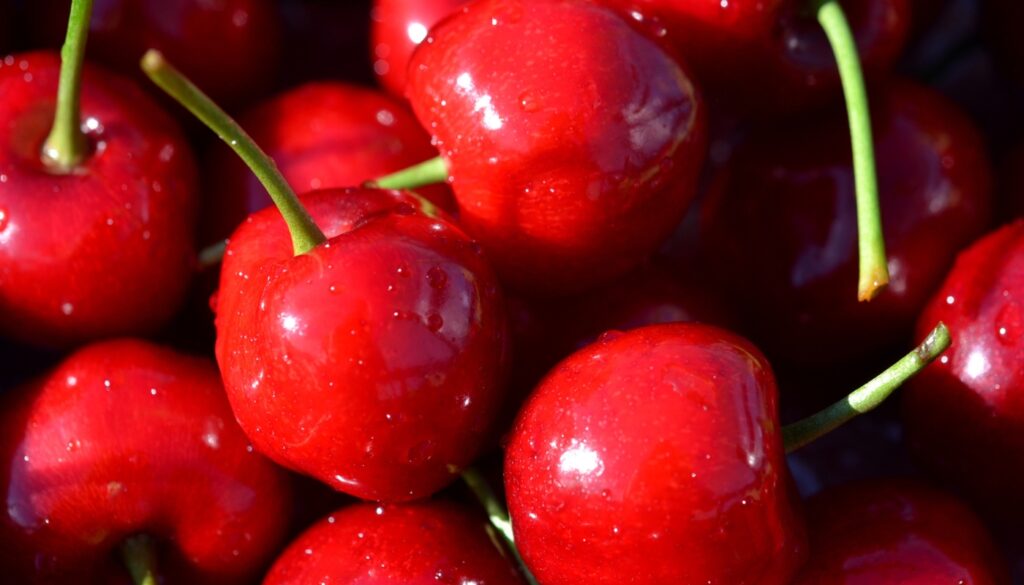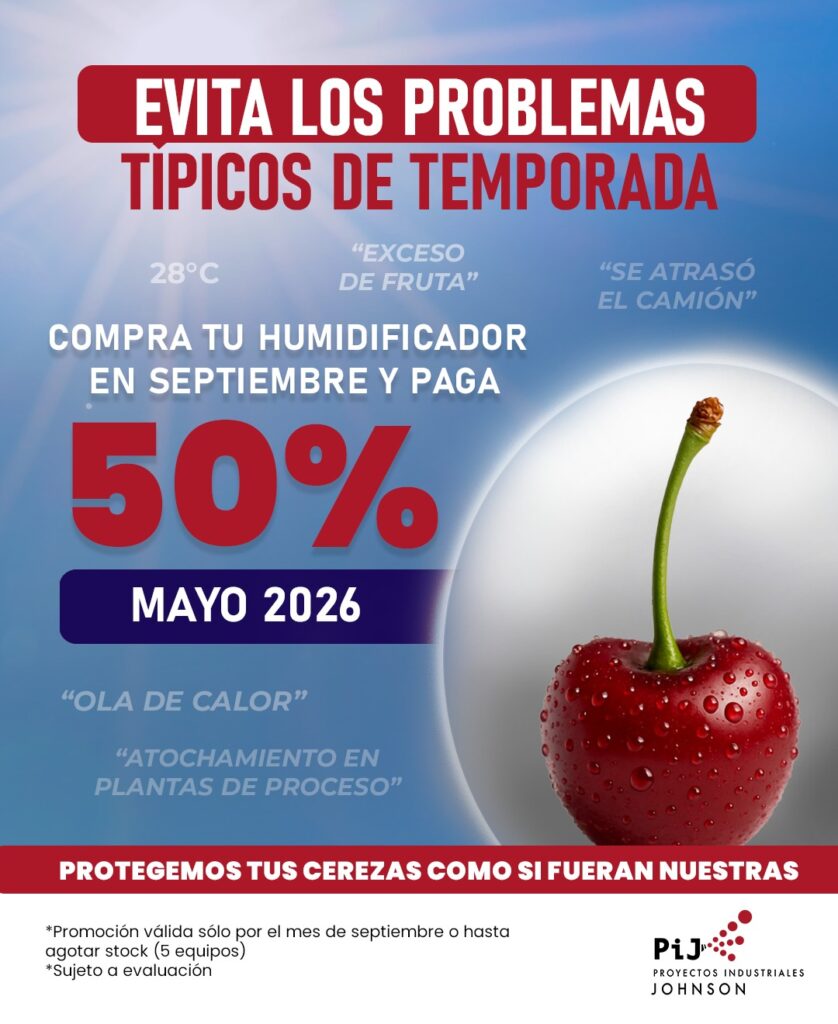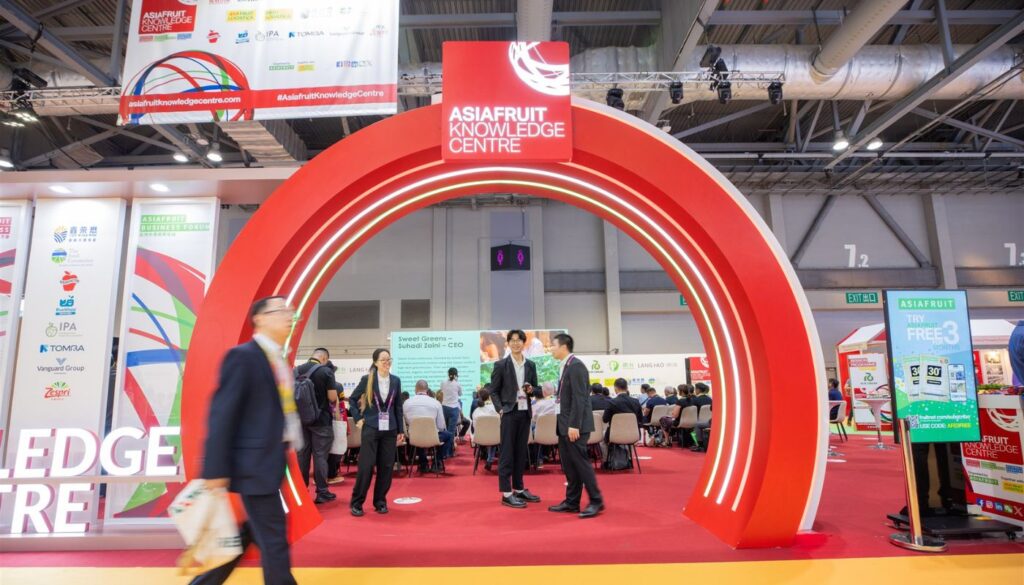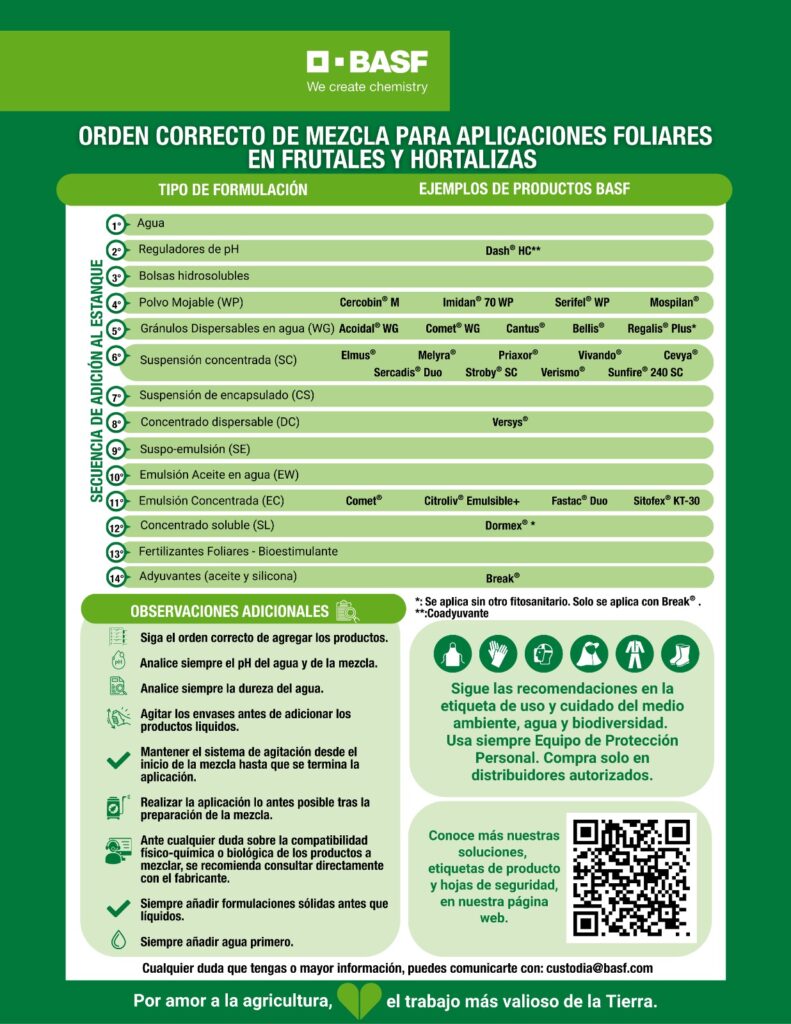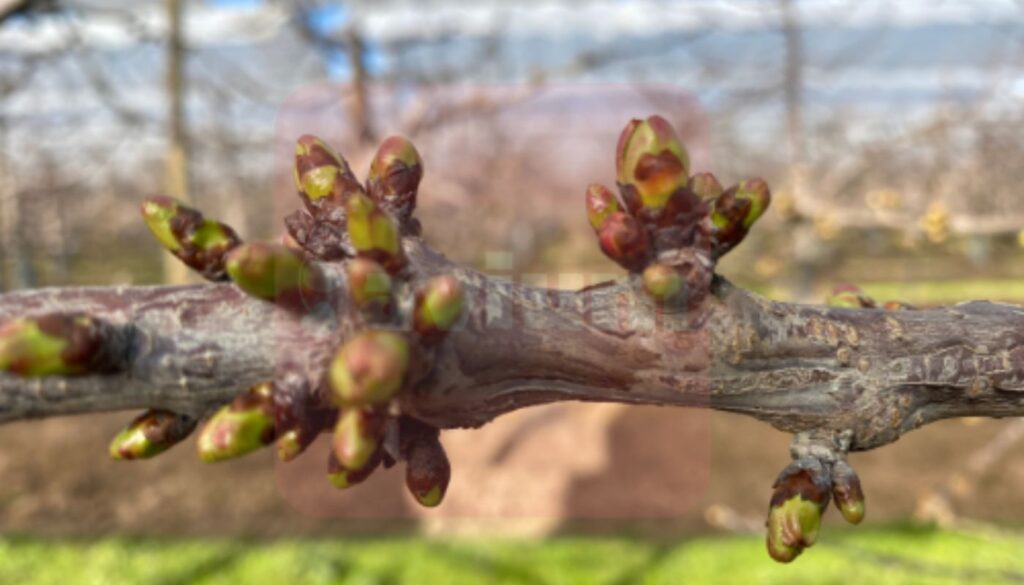The R&D initiative, aimed at the agro-export chain in the Coquimbo region, is being developed within the framework of Corfo's Digital Assistance Network Strengthens SMEs program. The pilot could be extended to other crops, including cherries.
The rise in the dollar and the cost of international inputs, together with a lower availability of workers, has narrowed margins in agriculture, a sector that has also been challenged by climate change and the drought that has been affecting the country for more than 10 years.
This scenario is forcing agricultural companies to look for different alternatives to increase their efficiency and productivity, with the incorporation of technology being one of the most effective measures.
In this context, the Association of Fruit Exporters of Chile AG (ASOEX) is leading the execution of a pilot project to digitalize the counting of table grapes in the Coquimbo Region. An initiative that has the participation of agricultural companies that supply Subsole, the Catholic University of the North (UCN), and Space AG, a Latin American startup dedicated to the development of solutions based on artificial intelligence that maximize crop yields and optimize the use of critical resources such as water, fertilizers and pesticides.
“Technology is the way forward to positively impact the entire value chain of the agricultural sector, and especially the fruit sector, which is going through a complex scenario, with very narrow margins”, says Cristian Sotomayor, Program Manager, who highlights that this initiative has very good prospects and possibilities of being replicated in other regions of the country and with different types of export fruit.
More data and greater precision
This project seeks to digitize table grape counting through Artificial Intelligence and the use of georeferenced photos and videos. The technology is supported by an application called Raptor Fruit that digitizes the data collection process in the field, replacing pencil and paper.
The pilot's objectives include developing a replicable methodology for counting the different stages; collecting large amounts of information in a short period of time; simplifying the counting process by reducing the use of labor; and increasing the percentage of accuracy in harvest projections.
“The digitalization of agricultural work will be a differentiating and competitive attribute for agricultural companies with an export vocation, and technological disruption in food production is the step we must take towards more efficient and sustainable agriculture.”, says Paula del Valle, Country Manager of Space AG in Chile, who reveals that this technology has already been used successfully in other countries in the region, so she is confident in the success of this project, which has the potential to be scalable and replicable for other types of crops, such as cherries, blueberries, avocados and other fruits.
Previous experience with this technology with blueberries has been successful. According to information processed by the Space AG laboratory from field work with a client, losses by not using this system could vary from US$$ 600 to US$$ 10,000 per hectare, depending on various factors. They have found that, thanks to the digitalization of the counting process, contribution margins in blueberry cultivation can vary from 1.3% to 14% per hectare. Similar results are expected for grapes.
Space AG was chosen in 2020 as one of the ten best startups in its sector in Latin America and already has 30 large exporting companies as clients - including Driscoll's, Mission, Hortifrut, Beta and Sunfruits - which translates into more than 1,000 users of its technological developments in Peru, Chile, Costa Rica, Colombia, Mexico and the Dominican Republic.
Predict, plan and optimize
Leonardo Corral, leader of the project being developed with agricultural producers in the Limarí Valley, says that technology is acquiring an increasingly important role, especially in decision-making for adequate planning and feedback in the production process.
“We decided to participate in this project because we felt the need to improve our technical management by quantifying our production parameters. We hope that with the data obtained we can better plan our work and make better use of our resources, especially water.” Corral pointed out.
This project, which is financed by Corfo and has a duration of one year, extendable to three, seeks to promote digital transformation in the Chilean fruit sector to face the challenges of the sector in the areas of quality, water, use of resources and implementation of the best production standards.



